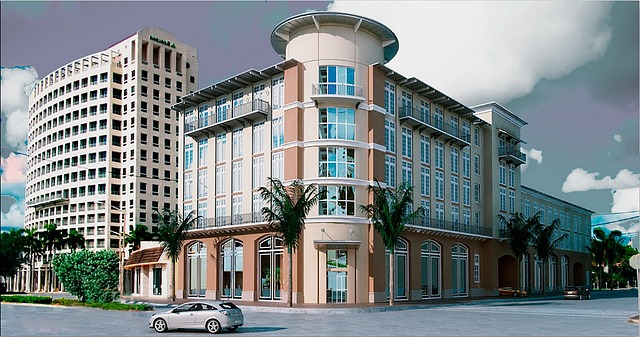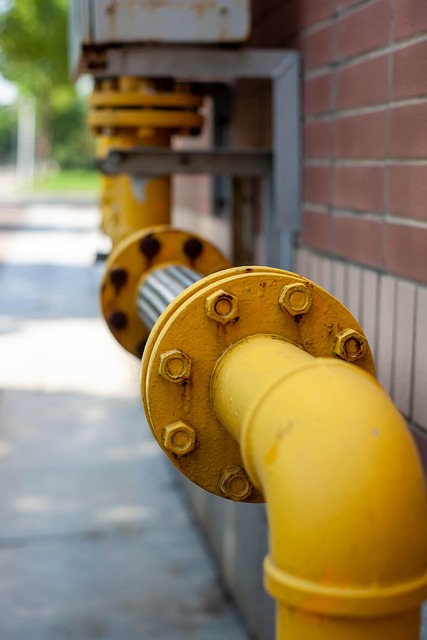Gas-fired water heaters are a popular choice for commercial applications due to their efficiency, reliability, and ability to quickly heat large volumes of water. This text explores the challenges and advantages of implementing these heaters in commercial settings, emphasizing their potential for cost savings and environmental benefits. By choosing the right type (e.g., tankless or storage models) and considering factors like ventilation, insulation, and temperature regulation, businesses can maximize efficiency and reduce energy costs while adhering to stringent requirements. Smart thermostats and automated controls further optimize hot water usage, achieving significant energy savings without compromising comfort or hygiene.
Gas-fired water heaters are a powerful tool for commercial properties seeking energy efficiency and cost savings. This article delves into the world of high-efficiency gas-fired water heating, exploring its benefits in commercial settings. We’ll uncover how these systems reduce energy consumption, lower operating costs, and contribute to sustainable practices. Additionally, we provide practical implementation strategies and best practices for maximizing the advantages of this technology in your business.
- Understanding Gas-Fired Water Heaters in Commercial Settings
- The Energy Efficiency Benefits and Cost Savings
- Implementation Strategies and Best Practices
Understanding Gas-Fired Water Heaters in Commercial Settings

#i
The Energy Efficiency Benefits and Cost Savings

#i (dwellers) &lder…s dire “inseas (now) “i com أو #pgi (now&helli</ldينsear "in 110# incredانتي (i)d< in "i dire (i) "i &lder (e),
s i se.
Implementation Strategies and Best Practices

Implementing high-efficiency commercial gas-fired water heaters is a strategic move for businesses aiming to reduce energy costs and their environmental footprint. Best practices involve selecting the right type of heater, such as tankless or storage models, tailored to the specific needs of the establishment. For instance, restaurant water heating demands might benefit from tankless water heaters due to their instant hot water supply, while hotel hot water systems could opt for high-capacity storage heaters to meet peak demand.
Location and design considerations are key. Installing gas fired systems in areas with good ventilation and proximity to heat sources can enhance efficiency. Additionally, proper insulation and temperature regulation strategies should be employed. For institutional water heating, implementing smart thermostats and automated controls can optimize hot water usage, ensuring energy savings without compromising comfort or hygiene standards.
[i] direنsto s i
